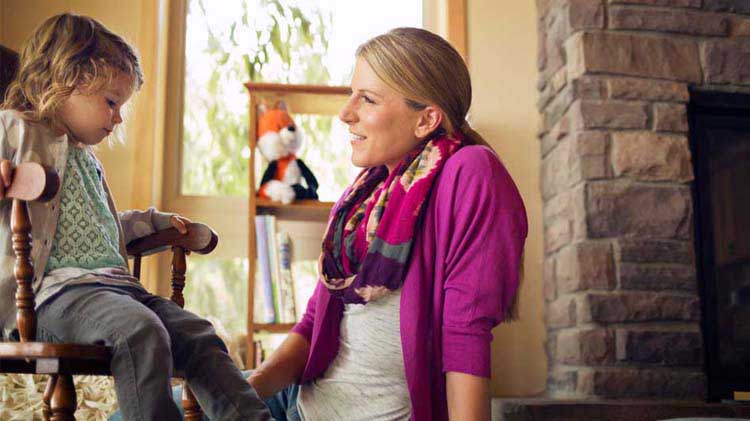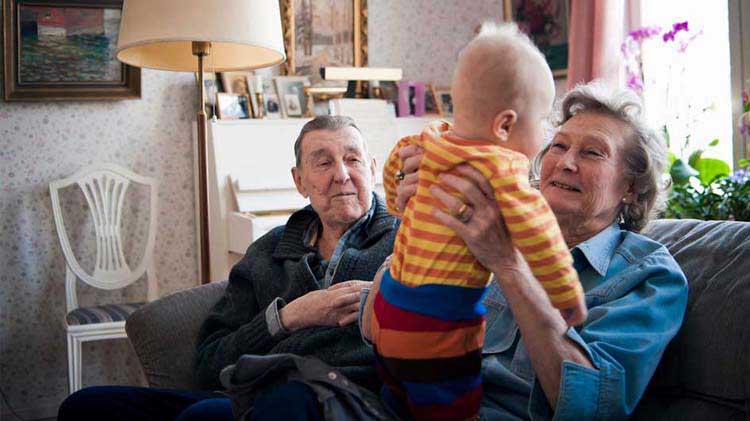Medication storage at home and while traveling
Where are the best places to store medicine at home and while traveling?
Where medication is stored can impact its efficacy and shelf life. These storage tips can help you make sure your medications remain potent at home and abroad.
Medicine storage at home
The bathroom medicine cabinet is actually not the best place to store medication. High humidity and temperature changes are two of the biggest threats to a medication's shelf life. Also avoid areas near
- the stove,
- sinks, bathtubs, other heat/humidity sources,
- or warm electronics.
Instead, store medication somewhere cool and dry, such as a:
- closet,
- dresser drawer,
- or pantry
Be sure to keep medications in their original containers - these bottles are typically childproof and clearly state the dosage and expiration date. Transferring a few pills from a large bottle into a smaller container might cause confusion as to what the pills are and create "mystery pills."The smaller container won't have the expiration date or instructions listed. Some pills might react to other pills in the container or that have been in the container. For example, some heart medications contain nitrates. If these nitrates are exposed to oxygen from a loose container, the nitrates could evaporate and make the medication ineffective.
If you need to move medicine to a safer storage spot, take that opportunity to throw away medicine that has expired, changed color, or odor. According to the Food and Drug Administration (FDA), to properly dispose of medicine:
- Take them to a "Drug Take Back Program." Check with your pharmacist or local law enforcement officials to find a location near you.
- Throw them in the trash. Most medicines can be disposed of this way.
- Remove the drugs from their original containers and place them in a bag. If you have coffee grounds or kitty litter, you can place them in a bag with the expired medicine. This makes the medicine less appealing to children and pets and unrecognizable to anyone intentionally going through the trash looking for drugs. Then throw them in the trash.
- Remove the label or scratch out the names of all medications on prescription bottles before throwing them in the trash.
- Flushing medicine. Some medicines contain specific instructions to flush unused or expired drugs down the sink or toilet.
Medicine storage while traveling
Keep medication in a safe, stable environment while you travel.
- In a car, avoid spots that may experience extreme temperature swings, such as near vents or in the glove compartment or center console. In these locations, they can be damaged from the heat, cold, humidity from rain outside, or from the car's heater or air conditioner. It is best to store medication in your travel or overnight bag.
- If you're flying, keep medication in a clear plastic bag and stowed in your carry-on luggage. At security screening stations, you can easily declare them. On the plane, your medication will be available to you if you need it, and it won't be subject to the temperature fluctuations of the plane's cargo area.





